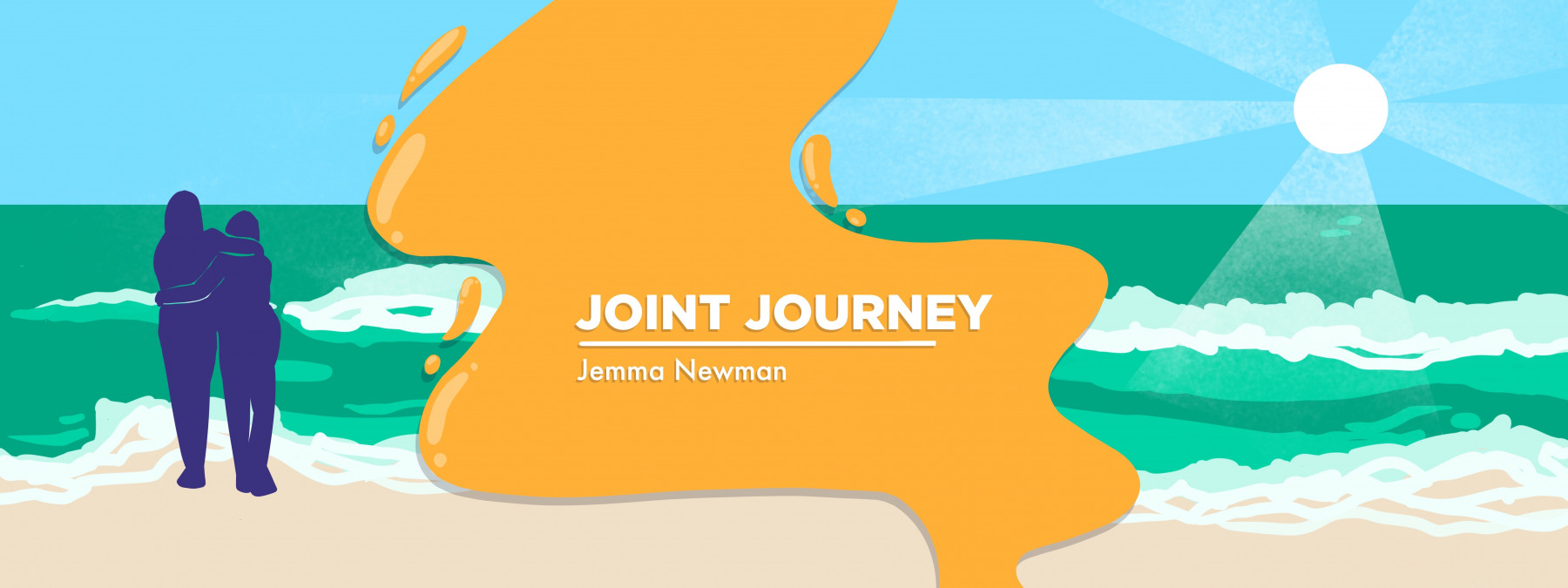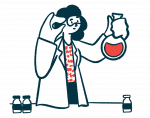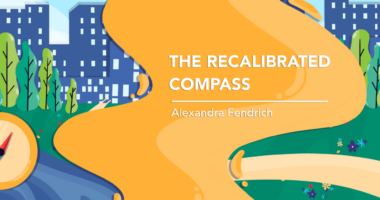Why Slowing Down Is Helping Me Live With Ankylosing Spondylitis
Retraining my mindset to ignore the lessons of 'hustle culture'

The sea breeze wafted in my open car window as I drove happily along a seaside highway, tapping my fingers in time to the Red Hot Chili Peppers. Suddenly a large truck came roaring up from behind, weaving aggressively between the lanes of cars. It nearly caused an accident as the driver accelerated and forced his way through a traffic light.
Shaken from my relaxed mood, I questioned: Is it worth nearly crashing your car just to arrive a few minutes early?
This driver’s behavior makes me think of living with ankylosing spondylitis (AS). Aggressive driving might be seen as dangerous, but our society seems to value the ability to competitively chase goals and seek a thrilling life. After being diagnosed with AS, I’m finding that I have to rethink my goals and expectations and slow down my life if I want to manage my symptoms. Just like redlining a car, if I push my body and energy beyond their limits, I’m likely to cause damage.
I’m finding it surprisingly hard to slow down with our so-called “hustle culture” pushing me to achieve more everywhere I turn. Sparkly eyed social media influencers admonish me to set bigger goals, business coaches promise ways I can earn six figures, and even my beloved gym has a sign outside that says, “Seven days without exercise makes one weak.” As Forbes magazine explains in its article “The Hustle Culture Has No Future — Enter The Break Culture,” “Time off is seen as laziness. If you are not hustling, you are failing.”
Is it worth adding to my pain and fatigue to keep up with society’s expectations of what I “should” be achieving? Before AS symptoms entered my life, my brain was trained to think that achievement equals success, and it’s been a challenge to truly accept the need to slow down.
The key for me is changing my definition of success. My priority these days is finding ways to balance life’s requirements with recharging my own personal battery. Yesterday, a walk around the park was a win — I don’t need a sweaty, thousand-calorie workout to feel successful. Today, my wonderful husband, Dave, saw that I was crashing after a few weeks of extra pain and little sleep, so he encouraged me to lie down after lunch and watch Netflix. I count that hour on the couch as my little recharge victory for the day.
Gasp … watching daytime TV? How can I call that a victory, right? In the past, I would’ve seen these little victories as laziness and mentally berated myself for not trying harder or achieving more. But now that I’m forced to face the realities of living with AS, I know that I should grab any small opportunity to calm my nervous system and recharge my battery.
Luckily, inspiration is out there for those of us seeking a slower but fulfilling life. I’ve recently started watercolor painting, which, despite the steep learning curve, fills me with happiness. Fellow watercolor artist Kolbie Blume of @thiswritingdesk has the rather delightful Instagram tagline “art for recovering perfectionists.” Blume shares her wonderful approach of focusing on experience instead of achievement, writing, “The truth is, these days I’m less focused on the art work itself and more concerned with my experience making it.”
I’m giving myself permission to take my foot off the pedal. I’ve had to learn that if I behave like that aggressive driver and force past the boundaries of my own energy and pain levels, my body will crash. Ankylosing spondylitis is a chronic disease, and stress only makes the symptoms worse. By slowing down and appreciating small victories, I hope the journey will be happier and more enjoyable.
Note: Ankylosing Spondylitis News is strictly a news and information website about the disease. It does not provide medical advice, diagnosis, or treatment. This content is not intended to be a substitute for professional medical advice, diagnosis, or treatment. Always seek the advice of your physician or other qualified health provider with any questions you may have regarding a medical condition. Never disregard professional medical advice or delay in seeking it because of something you have read on this website. The opinions expressed in this column are not those of Ankylosing Spondylitis News or its parent company, Bionews, and are intended to spark discussion about issues pertaining to ankylosing spondylitis.








Angela Edwards
Oh man, literally everything in this article made me feel so seen. When I was first diagnosed with AS, I felt like I'd lost my entire identity - I didn't know how to feel good about myself without having the 'proof' of constant struggle, achievement, and striving to point to. Now it's been years since my diagnosis and now I think that, without AS - and the way it FORCED me to take about three thousand steps back from the b.s. of hustle culture - I'd probably be one of those people who dies at age 40 from some overachieving, hypertension-type disease.
It's weird to feel grateful to a disease for making me rethink my whole life, but it's true - a lot of the time, I actually think I'm happier now, with my "smaller" (ha! up yours, hustle culture, calmer, more peaceful lifestyle, than I was when I was achieving a buttload of stuff every day but never actually felt at peace with my life.
This article rules. More! MORE I SAY!
Jemma Newman
Hi Angela, I completely agree with you about the lost identity - it took me a while to recalibrate and I'm still working on that. Good on you for appreciating the small victories that have come with such a massive life change! A peaceful, happy life sounds wonderful to me.